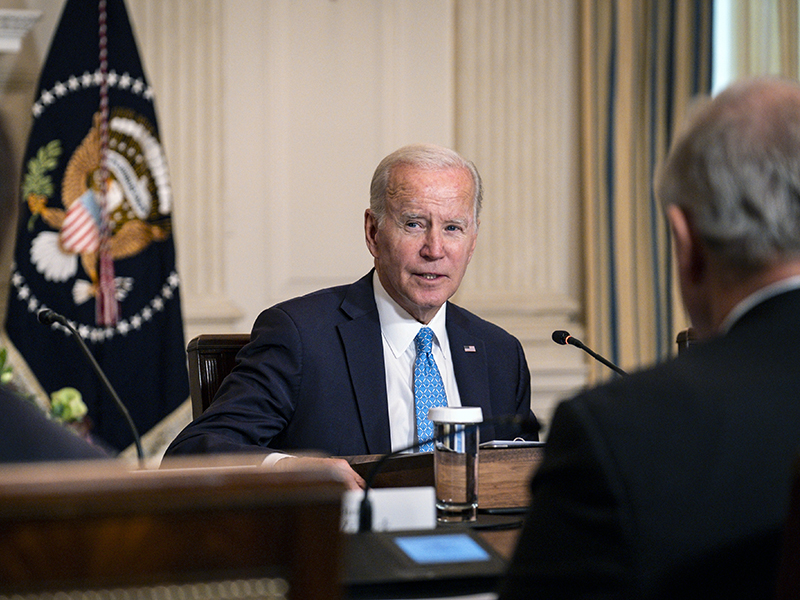The current level of American debt is $33 trillion, which some politicians, financial experts, and regular people think astoundingly high. So much so that budget hawks in the US House of Representatives may start a government shutdown on October 1 in an effort to control spending.
However, as Nobel Prize-winning economist and New York Times writer Paul Krugman argues in his piece from May 13, government deficits don’t precisely function like personal debt. The frightening statistic isn’t quite as dreadful as it seems.
Over a 25-year period, commercial real estate has outperformed the S&P 500. Here are some tips for portfolio diversification without the hassles of becoming a landlord.
Because they no longer have faith in the stock market, wealthy young Americans are placing their bets on these three assets. For powerful, long-lasting tailwinds, invest today.
As the US housing market struggles, ultra-wealthy Americans are picking up excellent real estate abroad. However, there is a smart way to invest without having to go abroad.
Governments are different from people, he said. “[They] must service their debts—pay interest and repay principal when bonds come due—but they don’t necessarily have to pay them off; they can issue new bonds to pay principal on old bonds, and they can even borrow to pay interest, so long as overall debt doesn’t rise too much faster than revenue.”
Although it’s simple to understand why so many Americans are alarmed by today’s debt figure and uninformed politicians try to make a political football of it, Krugman clearly explains and defends his theory.
In actuality, the last time the United States was debt-free may be found in 1837. There were only 26 states at the time, and Texas was still a sovereign republic.
One trillion is a number that many people find difficult to comprehend, let alone 33. It is “a million times a million” even though “trillion” sounds so similar to “billion” that it can be easy to lose track of just how enormous an amount it is.
The present level of U.S. debt, which is approximately $33 trillion, can be understood in a number different ways:
It is 22% greater than the gross domestic product of the United States as of June 30 (about $27 trillion). It is six times more than the U.S. debt level of $5.6 trillion in 2000. $33 trillion would take more than 3,750 years to repay if it was done at the pace of $1 million per hour without interest.
It is understandable for voters and elected officials to become irate when they believe that reckless and out-of-control spending is to blame for the nation’s mounting debt.
Everyone has heard the advice to live within their means, steer clear of high-interest credit card debt, and hold off on material pleasure for major purchases until the finances are in order.
All of that is accurate and wise. If you have too much personal debt, you will either have to declare bankruptcy, which will negatively affect your credit score for seven to ten years, or you will have to spend the rest of your life trying to catch up.
However, comparing the federal government to a family of four in terms of debt is invalid. This is true because how governments spend is not governed by personal finance rules. Therefore, ignore the idea that governments are people unless you or someone you know has plans to dress as Uncle Sam in the upcoming community Fourth of July parade. They operate under fundamentally distinct financial norms, as Krugman makes clearly clear.
Do you need a simple justification for why you must pay your debts but the government cannot? Here it is in typical Krugman frankness: “You will ultimately get old and pass away. The executive branch isn’t.
In other words, the ability of the United States—or any other sovereign nation—to manage its debt comes down to the ability to continue to generate income in order to pay its debts. That is where his idea of “servicing” debt rather than completely repaying it comes into play.
Sure enough, according to Krugman, all nations will eventually cease to exist and become “one with Nineveh and Tyre” in his poem “Recessional” by Rudyard Kipling. In contrast, governments “normally see their revenues rise, generation after generation, as the economies they regulate and tax grow,” according to Krugman, assuming that such a catastrophic event doesn’t occur (in which case debt would be unimportant anyway).

